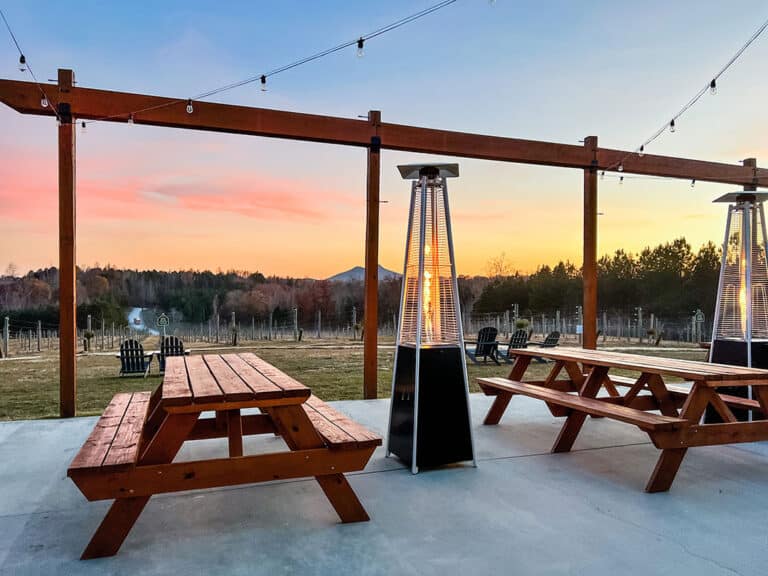July 2019 was the hottest month ever recorded
Are we starting to sound like a broken record here? June 2019 made headlines for being the hottest June ever recorded, but that was nothing compared to what followed. July 2019, it turns out, has officially been deemed the hottest month on record ever, narrowly edging out July 2016 by about 0.07 degrees. The troubling title is measured by feeding temperature readings from weather balloons, satellites, buoys, and other sources into a computer model.
Notably, the record heat comes without the influence of El Nino, which adds heat to the ocean and increases temperatures across the globe. July 2016, for example, was an El Nino year. “While we don’t expect every year to set a new record, the fact that it’s happening every few years is a clear sign of a warming climate,” Zeke Hausfather, a climate scientist with Berkeley Earth, told the Washington Post.
After a crash landing, tardigrades may be alive on the moon
When Israel’s robotic lunar lander, Beresheet, crash-landed on the moon in April, it was carrying a box of tardigrades. Tardigrades, it turns out, are micro-animals that have been found everywhere from the tops of mountains to the deep sea. They are considered to be extremely hardy and resilient and capable of surviving in space.
While the box of tardigrades on board Beresheet was dehydrated, those associated with the mission believe the animals are likely to have survived the crash, though they would need to be “brought back to life” before they truly made the moon their new home. Coming back to life from a dehydrated state is not out of the question for the tardigrade, however. Tardigrades can survive without water for 10 years and can withstand temperatures over 300 degrees Fahrenheit. One tardigrade is even known to have survived being frozen for 30 years.








